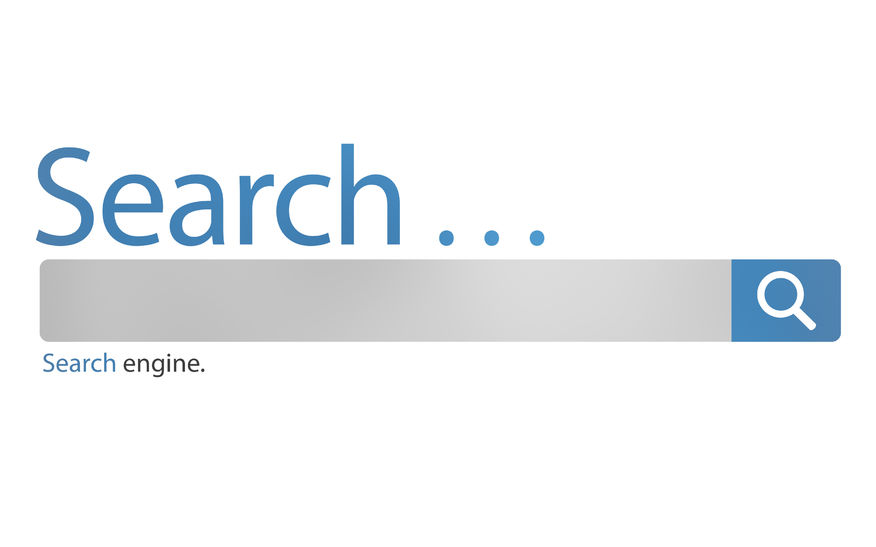Search marketers need to constantly re-visit their assumptions in order to keep up.
By Pam McDonald
As a marketing writer for senior communities, I’m asked all the time if I can just add a few words and phrases to a community’s website text so it will get a higher ranking in searches. Boy, those were the good ole days when that worked. But that practice is so last year – which, in tech years, is a flashback to 2008 – changes and new practices come about so fast in the digital/Internet space.
Search Engine Optimization (SEO)
On average, Google now processes over 40,000 search queries every second), which translates to more than 3.5 billion searches each day. (Just for fun, if you want to see what that looks like go to Live Internet Stats to watch the real time counter tick up as searches are requested.)
Getting SEO right is vitally important and that’s why Caring.com, the largest online resource for people who provide care to senior loved ones and a Senior Housing Forum partner, is hosting a webinar on SEO misconceptions on Thursday, July 23rd.
Here’s what Katie Roper, Vice President of Sales & Marketing for Caring.com, had to say about the Webinar.
Since “everybody knows” that users of the Internet starts at Google, any business whose customers or clients are online – which means every business – spends a lot of time worrying about how to rise to the top of the search results. But best practices for SEO are constantly evolving and changing, as search engine companies (such as Google or Bing) look for better ways to decide which content is the most valuable (for consumers) and the most profitable (for them).
SEO Misconceptions
Search marketers need to constantly re-visit their assumptions in order to keep up. Let’s take a look at three common SEO assumptions that have changed significantly.
Misconception #1: Content is king. While this is still true, it’s not enough to simply write great articles – you need to promote and market them as well. People need to see and engage with your content. They need to “Like” and “Share” it in social media, and post comments in order for the content to help you rank for SEO.
Misconception #2: Links to other sites are to be avoided. We used to say “outlinks” detracted from your domain authority – but again, this has changed. Nowadays, a smart linking strategy, both in and out, can help establish your “neighborhood,” providing valuable context for your content and boosting your site’s authority and rankings. Of course, you need to be sure you are earning your links honestly rather than paying for them from sites with little authority.
Misconception #3: You want to work hard to rank for “root” terms. Of course, situations vary. In general, though, a single community will be hard-pressed to rank high for a so-called root term like “Assisted Living” or even “Assisted Living in Los Angeles” because search algorithms will favor sites that cover the area broadly (like SeniorHomes.com) rather than the site for a single community that happens to be located in Los Angeles. If you’re not ranking first for your community name, though, you are really in trouble.
SEO Webinar
You’ll learn much more by joining Caring.com and SEO expert AJ Kohn of blindfiveyearold.com for a deep-dive into these misconceptions. You’ll also get actionable tips on
- Getting your content shared,
- Putting in place a smart linking strategy, and
- Ranking for your community’s name and other important keywords.
Mark your calendar for 11:00 AM PT on Thursday, July 23, 2015 for Caring.com’s upcoming Digital Marketing Academy webinar.
Space is limited, and these Academy sessions have become quite popular — so don’t delay in getting signed up. It’s free.









